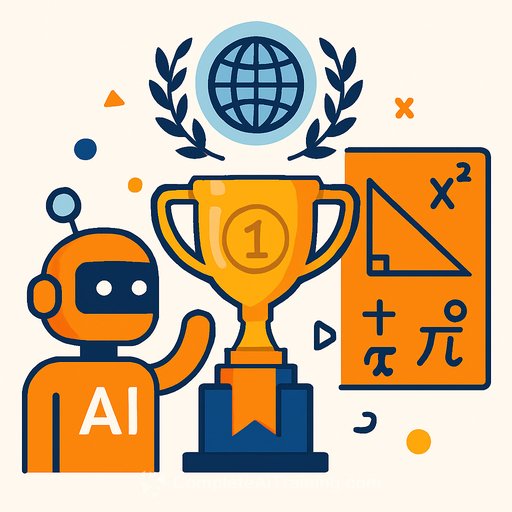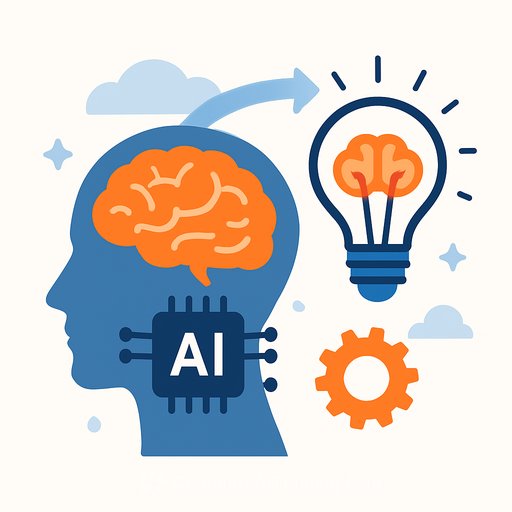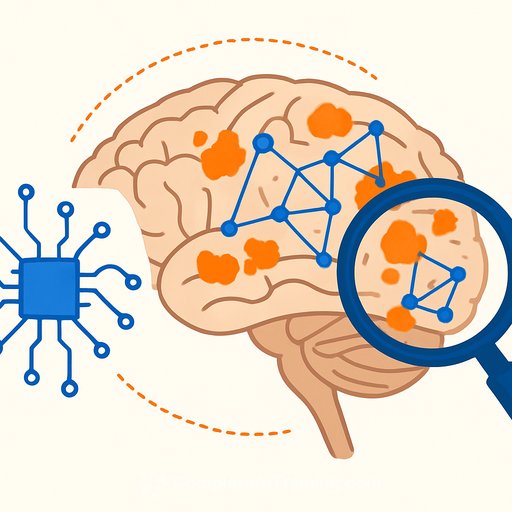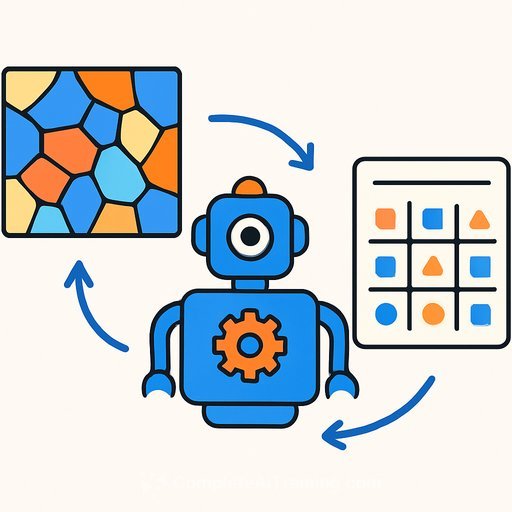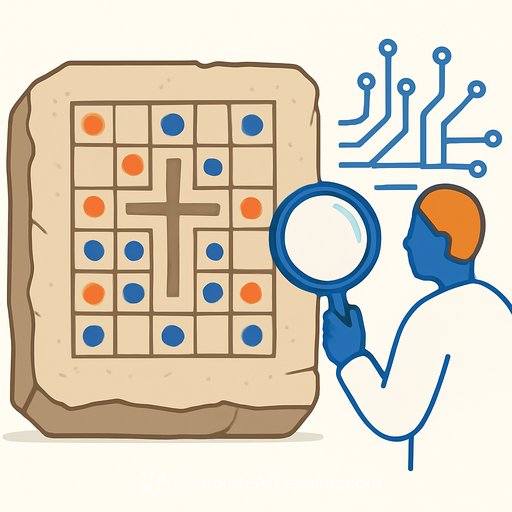Google and OpenAI’s AI Models Score Gold at International Math Olympiad
In a notable breakthrough, AI models developed by Google and OpenAI earned gold medal scores at the 66th International Mathematical Olympiad (IMO), a global math competition for high-school students. This achievement marks the first time AI systems have reached the gold-medal scoring threshold at this event, highlighting significant progress in AI's mathematical reasoning abilities.
AI Tackles Complex Math Problems Using Natural Language
Both companies’ AI models solved five out of six challenging problems within the official 4.5-hour time limit. Unlike previous AI approaches that relied heavily on formal languages and extended computation, these models processed problems using natural language, enabling general-purpose reasoning rather than specialized math-focused computation.
Google’s system, named Gemini Deep Think, is a general-purpose model introduced earlier this year. OpenAI’s success came from an experimental model that emphasized massively scaling up "test-time compute," allowing the AI to think longer and run many reasoning processes in parallel. This approach required substantial computing resources, described as "very expensive" by OpenAI researchers.
The Future of AI in Mathematical Research
Experts believe this milestone signals that AI could soon assist mathematicians in solving unresolved research problems. Junehyuk Jung, a math professor at Brown University and former IMO gold medalist, noted that solving complex reasoning problems in natural language opens the door for collaboration between AI and human researchers.
Google researchers share this optimism, suggesting that AI’s enhanced reasoning capabilities can extend beyond math to other scientific domains such as physics.
Competition and Verification
This year’s IMO featured 630 students, with 67 achieving gold medals—about 11%. For AI models to match this achievement is a significant leap. Last year, Google’s DeepMind AI attained a silver medal score using math-specialized systems, but this year’s success with general-purpose models marks a shift in AI capability.
The competition also marked the first official coordination with AI developers. IMO judges verified the AI results and scheduled an official announcement on July 28. While Google waited for this verification, OpenAI published its gold medal results shortly after the contest with permission from an IMO board member.
What This Means for AI and Research
- AI models can now perform high-level mathematical reasoning using natural language.
- This progress hints at AI assisting with complex research problems across disciplines.
- General-purpose reasoning models are proving effective beyond narrowly specialized AI.
- Collaboration between AI systems and human experts could accelerate scientific discovery.
This advancement underlines how AI continues to grow as a tool for tackling intellectual challenges previously reserved for humans, with practical implications for research and education.
For those interested in exploring AI capabilities further, Complete AI Training offers a variety of courses on AI reasoning and applications.
Your membership also unlocks:

